The Self Assessment Exam is now live. AAAP Members or ABPN Diplomates who have registered for the 35th Annual Meeting should have received a code in an email to access the exam. If not, please email [email protected].
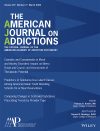
The official journal of the American Academy of Addiction Psychiatry. The Academy encourages research on the etiology, prevention, identification, and treatment of substance use disorders; thus, the journal provides a forum for the dissemination of information in the extensive field of addiction.
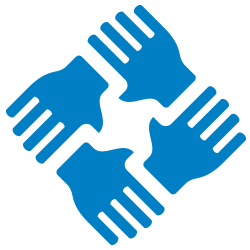
Become part of a growing and scientifically robust community of Addiction Psychiatrists committed to evidence-based practices and expanding the visibility and role of Addiction Psychiatrists.
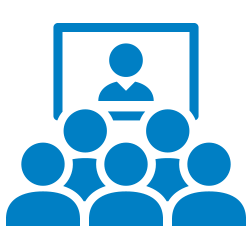
AAAP's Annual Meeting, Addictions and Their Treatment Course, and Advanced Addiction Psychopharmacology Course provide the latest advances in research and clinical practice.

ABPN offers certification in the subspecialty of Addiction Psychiatry to physicians who have completed accredited residency programs in general psychiatry.
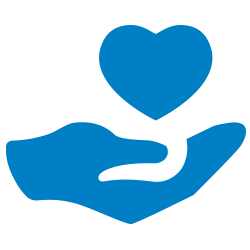
Donations will help us to further our goals and attend to issues of general interest to membership.
AAAP offers a variety of educational resources to help physicians and health professionals provide the highest standards of care to their patients.
AAAP leads a nationwide coalition of professional organizations on a variety of SAMHSA grants addressing the Opioid crisis.
Helpful materials for clinicians as well as patients and families on treating substance use disorders.
AAAP has an active and vibrant selection of committees. Getting involved is always rewarding and a great way to meet new colleagues and network.
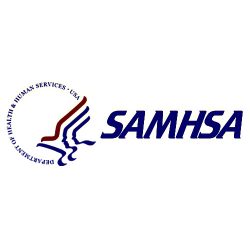
January 14, 2025

January 10, 2025
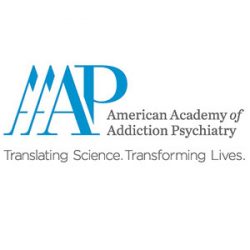
January 9, 2025

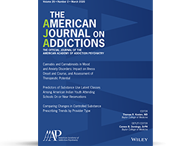

The content on this site is intended solely to inform and educate medical professionals. This site shall not be used for medical advice and is not a substitute for the advice or treatment of a qualified medical professional.
400 Massasoit Avenue
Suite 108
East Providence, RI 02914
(401) 524-3076
Contact Us